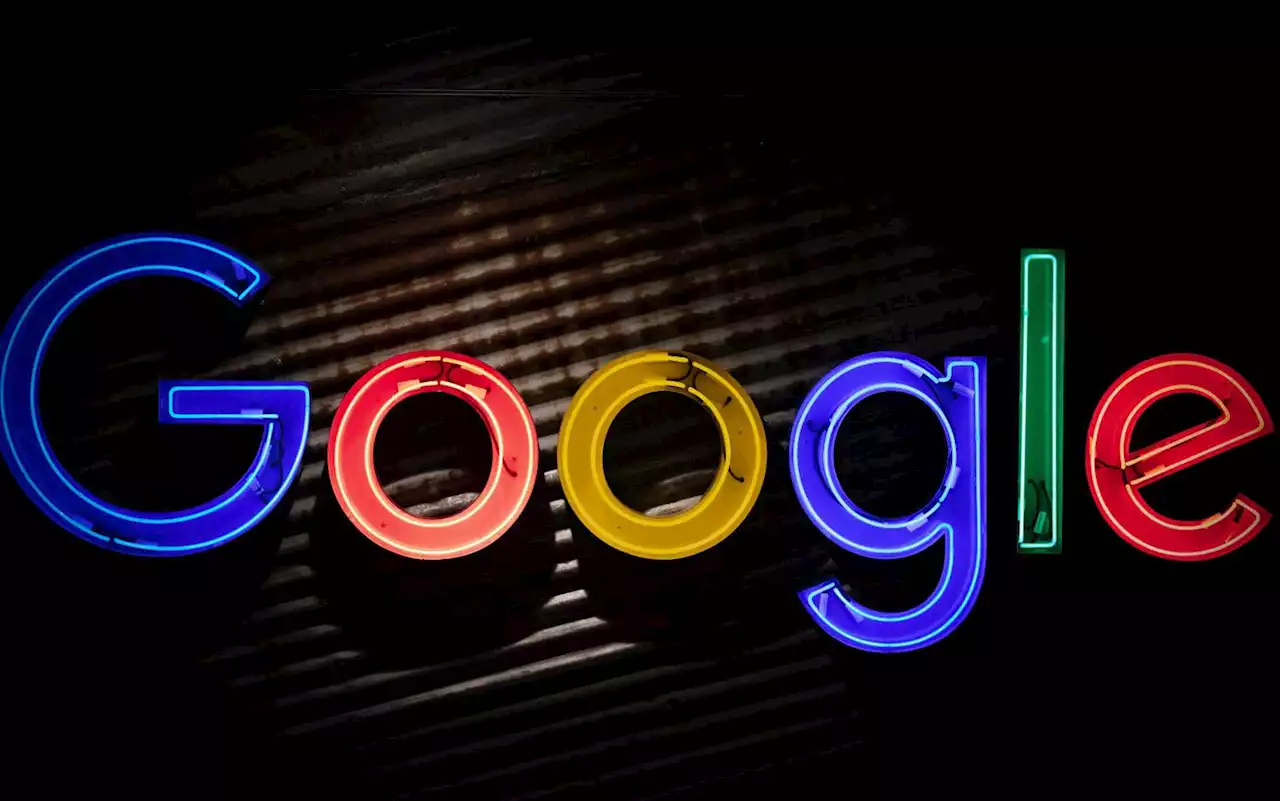Is Google competing fairly? Not according to a case brought against the search giant
“Google is a monopolist and engages in a wide variety of conduct that only a monopolist can accomplish. The Supreme Court has warned that there are such things as antitrust evils. This litigation will establish that Google is guilty of such antitrust evils, and it seeks to ensure that Google won’t be evil anymore.”
In addition, the states allege, Google shared private personal data on people to Facebook for the purposes of identification and valuing of ad inventory. “Nearly all of today’s online publishers ... depend on one company — Google — as their middleman to sell their online display ad space in ad exchanges,” the filing alleges.
One of the ways Google accomplished this, the states say, is by “coercively tying its DFP ad server to its AdX exchange—the only exchange where publishers could access bids from advertisers that used Google’s monopoly ad buying tool.” In other words, the tool that publishers used to serve ads on their sites was connected to the tool that priced and sold ad inventory, and Google restricted the ability of publishers to use alternative ad servers, according to the complaint.
Since according to the complaint 20% of ad impressions return 80% of publishers’ revenue, that premium ad inventory is critical. That costs publishers “upwards of 40 percent” of their potential revenue, the states allege one Google employee said. On a smaller scale with smaller advertisers on Google Ads, the company’s “ad buying tools frequently act against the best interests of their advertiser clients,” by manipulating or adjusting their bids, the states allege.“Facebook curtailed its involvement with header bidding in return for Google giving Facebook information, speed, and other advantages.
One of the “anticompetitive advantages” the states allege Google reserved for itself was using its dominance with ad servers to get a right of first refusal on all ad inventory sales: Plus, when small advertisers buy ads on Google Ads, Google allows these ads to compete for available inventory on AdX, the ad exchange it owns. If they win, the states allege, Google charges them “an undisclosed 15 percent commission, which is much higher than the 8 to 9 percent commission Google charges large advertisers using DV360 to purchase inventory through exchanges.”
That monopoly allows Google to impose revshare fees on publishers: 5% for ads routed to non-Google exchanges, 10% for transactions clearing through non-Google networks. And to, according to the states, Google routinely degrades AdX’s performance without fear of losing business or other retribution. According to the filing, those advertisers using Google Ads purchased a slight majority — 52% — all all impressions on Google’s AdX exchange in 2018 and 2019.“In 2017, Facebook estimated that Google’s mediation tools mediated 39 percent of all indirectly sold in-app impressions, and it projected that number to rise to 68 percent by 2020. Facebook’s prediction closely matched Google’s own target of mediating 65 percent of in-app impressions in 2020.
In other words, the states are saying, Google is forcing publishers to both manage and sell their inventory with Google, providing Google with a huge amount of data and all the leverage it needs to tilt the playing field any way it might please.
However, Google was making its money elsewhere: in the ad exchange, where the company could charge higher prices with less transparency, the states allege. Joe Blow was user123 for a publisher, but user456 for an advertiser. Advertisers using Google’s buying tools could still target Joe Blow regardless of his designation, but advertisers using different exchanges could not, the states say.
For instance, Google ad exchange fee might be typically 20%, but DRS could reduce that to 5% to lower a Google bid for an ad impression and therefore win business that otherwise Google would have been priced out of.“Only Google had access to rivals’ net bids as a result of running publishers’ ad server, a market in which Google had a monopoly.”
This was part of the previously-mentioned “Jedi Blue” project, the states say, which let Google combine user data sets in “secret databases” to “deliver more targeted advertising.” And it raises questions about the so-called Google-Facebook “duopoly” that many in advertising and marketing have called out.
“Google and Facebook have not only given themselves special advantages unavailable to other buyers, but also have agreed to limit their competitive bidding as between each other. They have done this by fixing a minimum share of impressions that Facebook will win in developers’ auctions. This hard limit on contractually acceptable auction outcomes predictably increases Google’s monopsony power and depresses prices paid to developers.
The states refer to this as “a traditional buying cartel,” in which supposed competitors carve up markets between themselves.
United States Latest News, United States Headlines
Similar News:You can also read news stories similar to this one that we have collected from other news sources.
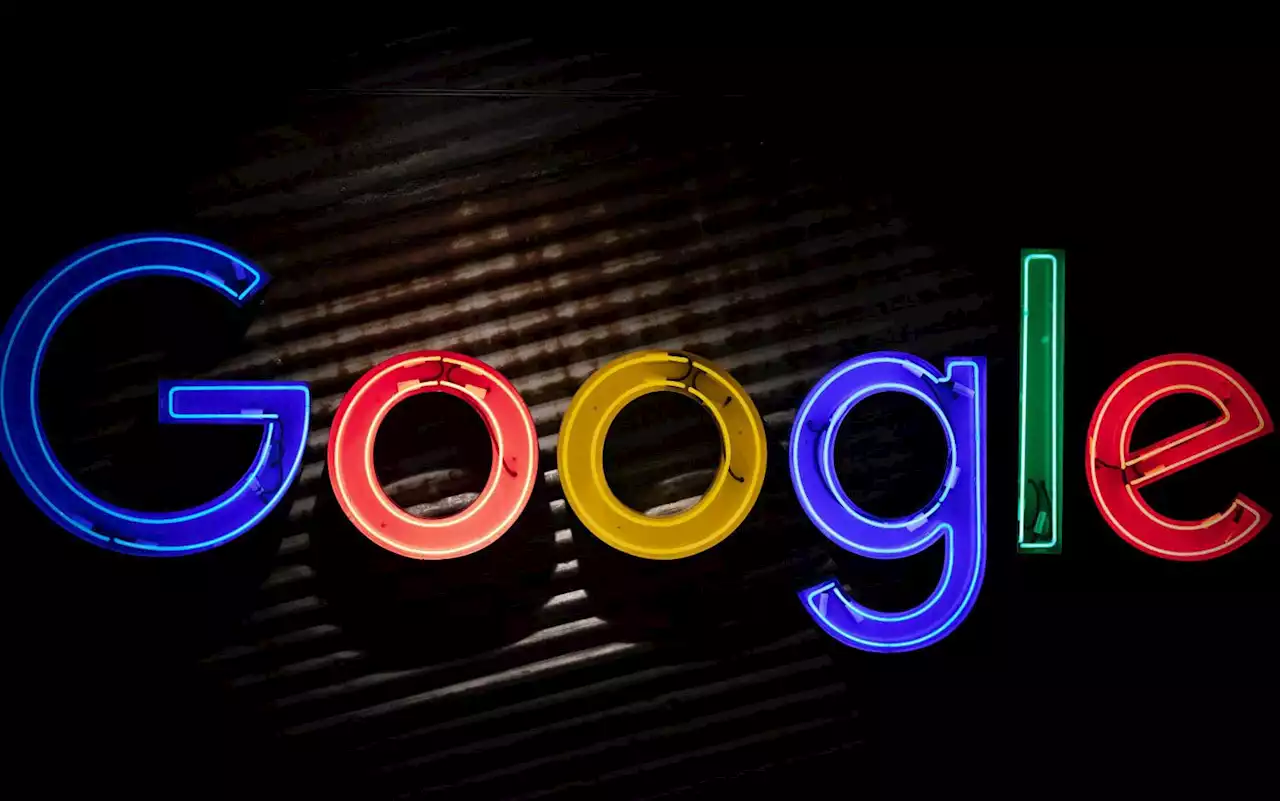 Google Antitrust: The 14 Most Explosive Allegations“Google is a monopolist and engages in a wide variety of conduct that only a monopolist can accomplish. This litigation will establish that Google is guilty of ... antitrust evils, and it seeks to ensure that Google won’t be evil anymore.”
Google Antitrust: The 14 Most Explosive Allegations“Google is a monopolist and engages in a wide variety of conduct that only a monopolist can accomplish. This litigation will establish that Google is guilty of ... antitrust evils, and it seeks to ensure that Google won’t be evil anymore.”
Read more »
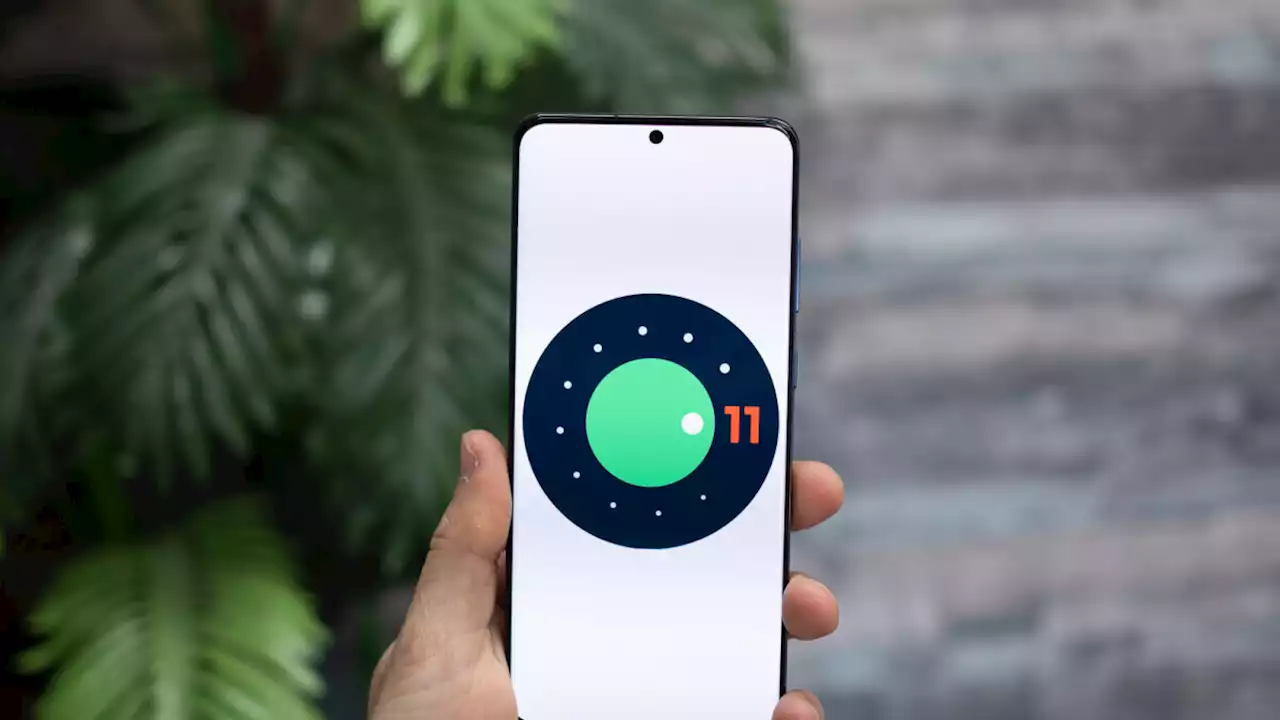 Google tested a smarter, contextually aware full-page version of 'At a Glance' for Android 11Screenshots reveal changes that Google was working on for Android 11 featuring a smarter, more contextually aware 'At a Glance' widget.
Google tested a smarter, contextually aware full-page version of 'At a Glance' for Android 11Screenshots reveal changes that Google was working on for Android 11 featuring a smarter, more contextually aware 'At a Glance' widget.
Read more »
 Today I learned a handy trick to zoom in and out of Google MapsPerfect when your other hand is otherwise engaged.
Today I learned a handy trick to zoom in and out of Google MapsPerfect when your other hand is otherwise engaged.
Read more »
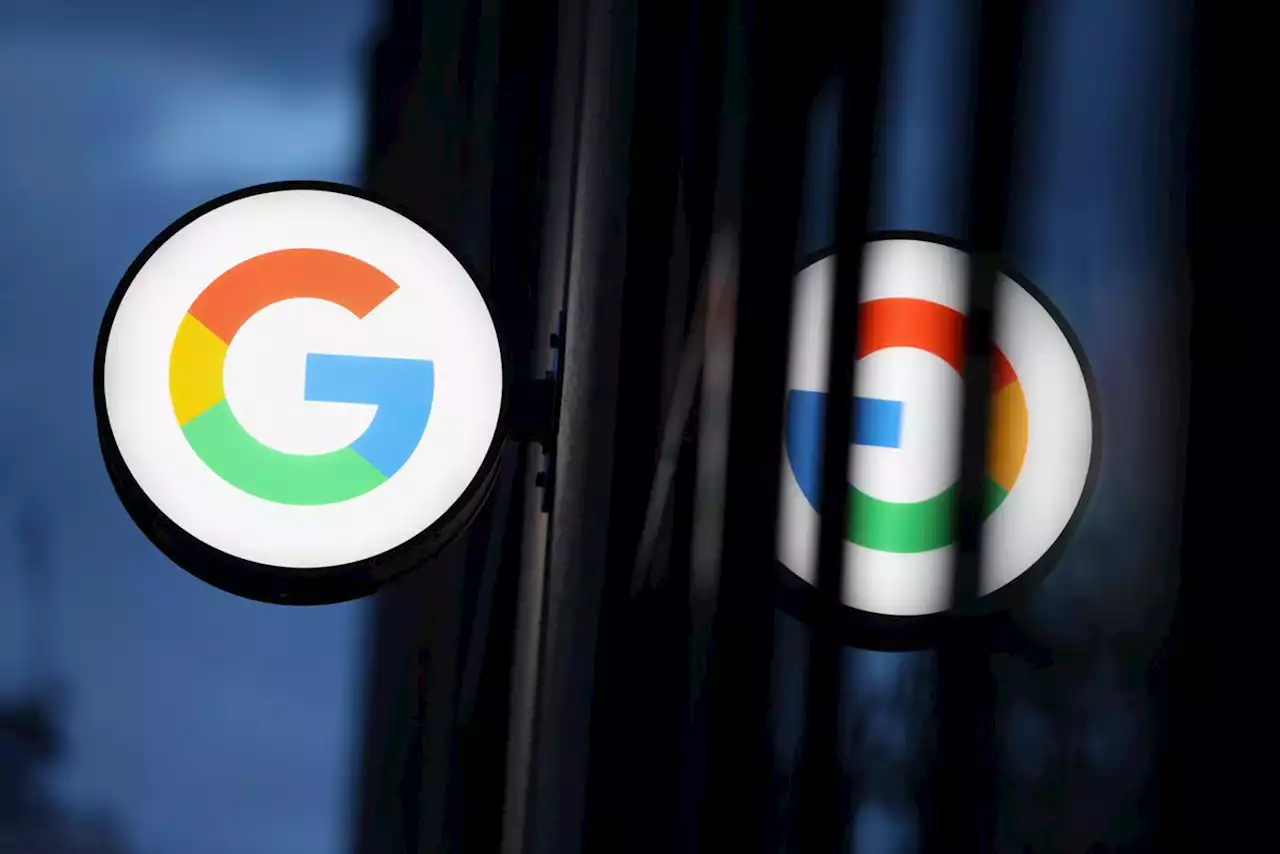 Two more AI ethics researchers follow Timnit Gebru out of Google | EngadgetGoogle has two lost prominent members of its Ethical AI research group..
Two more AI ethics researchers follow Timnit Gebru out of Google | EngadgetGoogle has two lost prominent members of its Ethical AI research group..
Read more »
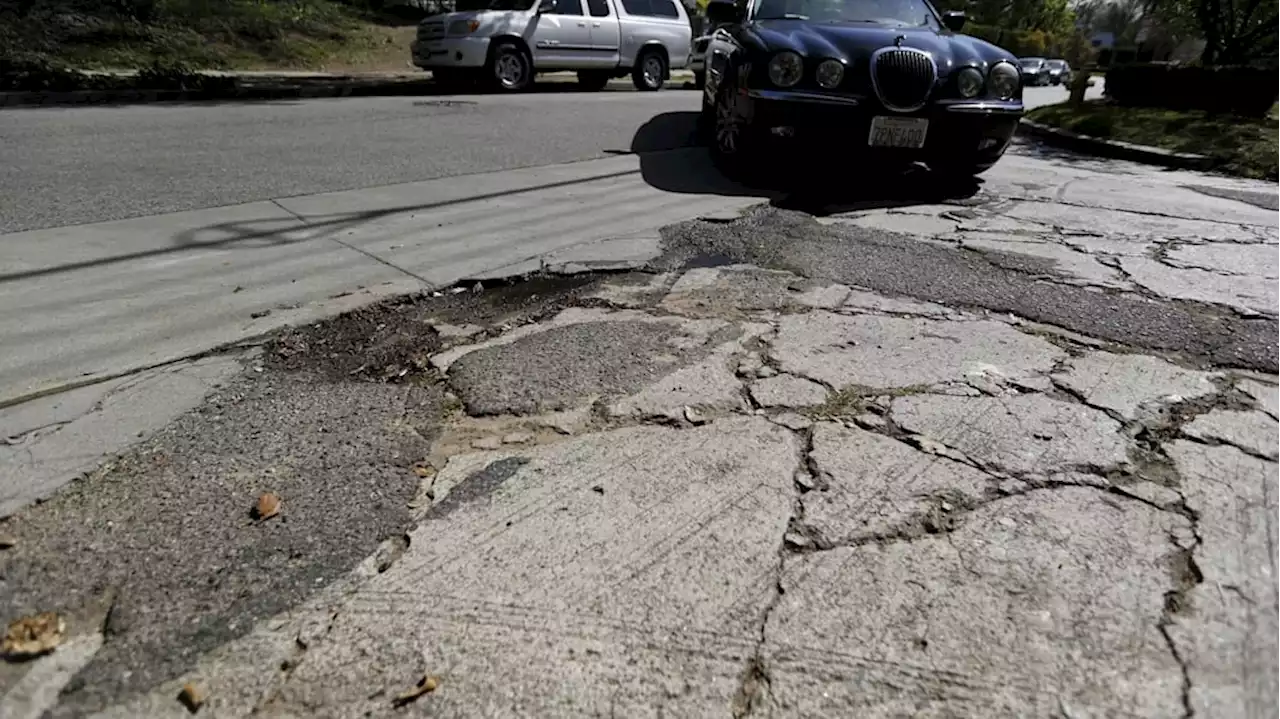 These states have the worst potholes, according to GoogleThese cities and states have the worst potholes, according to an analysis of Google searches by Americans who are spending $3 billion a year to fix their damaged cars:
These states have the worst potholes, according to GoogleThese cities and states have the worst potholes, according to an analysis of Google searches by Americans who are spending $3 billion a year to fix their damaged cars:
Read more »
